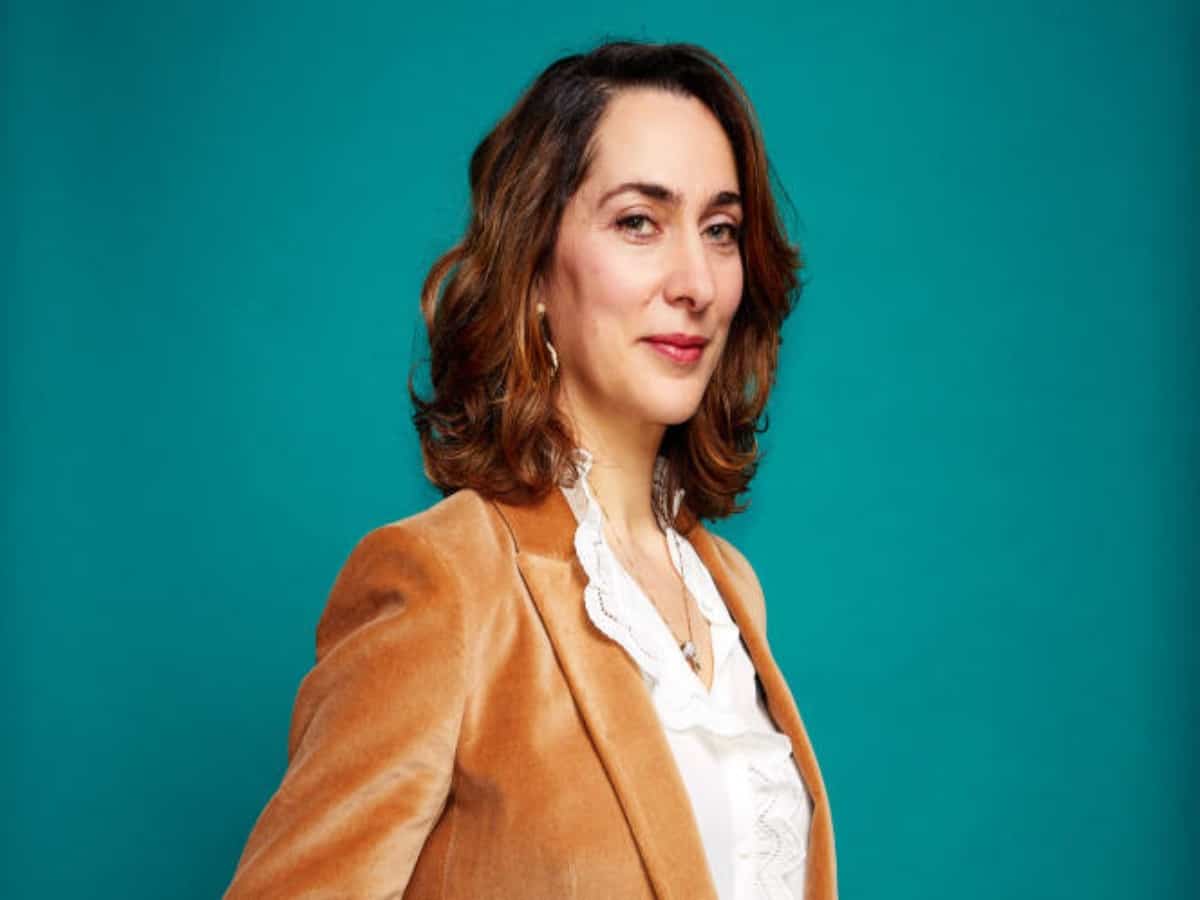The first female Imam (someone who leads Muslim worshippers in prayer) Kahina Bahloul of France, is on a mission to ‘modernise Islam’.
Bahloul told the media that she didn’t just wake up one day and decide to become an imam but rather ‘it’s been a long journey’ towards spirituality.
Born in France to a Muslim Algerian father and a French mother with a Christian and Jewish background, the 42-year-old grew up in Algeria, where she saw the rise of fundamentalism and a distorted version of her faith.
Kahina Bahloul told Euronews, on her return to France, she received a doctorate in Islamic studies from the renowned École Pratique des Hautes Études, meaning ‘crisis of meaning within Islam’ that compelled her to engage.
“I believe that this crisis comes mainly from the fact that there is a sclerosis of the Muslim thought. That is to say that today we are still living an idea that was produced in the Middle Ages.”
“The legal schools of Islam today, or the whole normative part of the Muslim religion, emanates from medieval thought. That is no longer possible,” she added.
Bahloul says that in order to resolve this crisis, “Muslims must reclaim their sacred text and empower themselves to read it and interpret it with today’s tools in the 21st century.”
One of the most concrete examples of Bahloul’s method is to ‘reclaim Islam’s sacred texts’ been her decision to become an imam, something she says is not forbidden: because it is not practised, people think it is forbidden.
“In reality, it does not speak of this role at all. It is a role that was created later to organise Muslim worship. When we go back to the prophetic tradition, we find the example of a woman who has been appointed by the Prophet himself to be imam,” she said.
She did not attend a special course or training centre, nor did she receive a certificate. “In Islam, there is no central clerical authority in which the names of imams are mentioned, so it is up to the community to accept you or not; give you legal status,” Bahloul explained.
In 2018, she announced the construction of the ‘Fatima Mosque’, a place of worship where men and women pray together, where both men and women lead the prayers, where sermons are delivered in French and where non-Muslims are welcomed.
Since the COVID-19 pandemic, most of the activities of this ‘Inclusive Masjid’ have been transferred online. ‘A mosque is not a place, it is a community,’ she said, stressing that they ‘continue to gather’.

